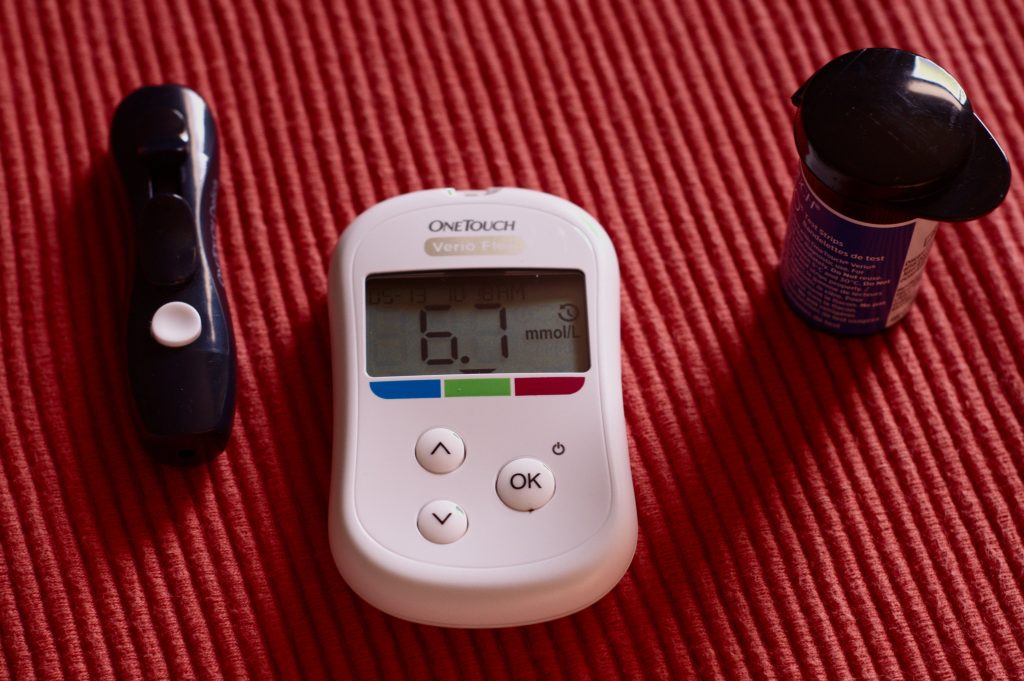Services
What I can help you with...

Sports Nutrition
Whether you are an athlete or a weekend warrior, if you would like to improve your performance, we can help!
Nutrition is vital to ensure you are fueling your body correctly in order to attain optimal performance. However, nutrition doesn’t stop there, nutrition can help enhance muscle recovery, assist in preventing burnout and improve immune health as a high amount of training can impact these areas of health.

Weight Management
Maintaining a healthy body composition throughout your life is incredibly important for your overall health. With overweight and obesity on the rise in Australia achieving a healthy body weight can help prevent many conditions including Type 2 diabetes, high blood pressure, and cardiovascular disease.
We offer an individualised, sustainable approach to weight loss, focusing on making this a lifestyle change so that it is sustainable long term. What we don’t offer are any magic pills promising instant weight loss or the next fad diet.

Stress & Fatigue
We will all experience stress at some point in our life, whether it be from work, family or an event that occurs. The body is designed to keep you safe and out of danger by preparing you to either run away from danger or stay and fight, this is the ‘fight or flight’ response that is often referred to when talking about stress. The trouble with this is that in today’s society we are almost constantly experiencing some sort of stress – lack of sleep, high intensity exercise, work deadlines, relationship dramas, family – and the body doesn’t get a chance to revert back to it’s ‘rest and digest’ phase, resulting in chronic stress.
This goes hand in hand with fatigue, as when you are constantly in the ‘fight or flight’ mode, your stress hormone (cortisol) levels are thrown out of rhythm. This then has a knock-on effect and compromises your glucose production, which is when the sugar and coffee cravings hit!
Ongoing stress, if not addressed, can lead to other health problems such as depression, chronic fatigue, hormone disturbances, hypothyroidism and inflammatory and autoimmune conditions.

Anxiety & Depression
An estimated 45% of Australian adults will experience a mental disorder at some point in their life, with anxiety and depression the most common (Australian Institute of Health & Welfare, 2020). While it is a normal part of life to feel a bit anxious, worried or sad and down in certain situations, it is when these feelings become constant, uncontrollable and disrupt daily life that it becomes a problem.
A holistic approach to depression and anxiety looks at an individual’s presenting symptoms, psychosocial environment, diet, lifestyle and health related behaviours, to help determine the underlying factors contributing to symptoms. Diet and lifestyle changes, together with mindfulness practices, energy support and a multi-disciplinary approach where necessary, can help reduce the severity of symptoms as well as the frequency of episodes of anxiety and depression.

Diabetes Management
Type 2 diabetes is on the rise in Australia with an estimated 1 million people currently diagnosed with the disease. This disease typically begins with an altered or impaired tolerance to glucose, which left untreated leads to insulin resistance, and ultimately type 2 diabetes. Type 2 diabetes, if not managed properly can lead to serious health complications including heart disease, sleep apnoea, and damage to the nerves, eyes and kidneys. Recent studies have also suggested there may be a link between diabetes and impaired glucose tolerance and Alzheimer’s Disease.
Type 1 diabetes is largely an autoimmune disease where specific cells in the pancreas are destroyed by the body. This disease typically starts during childhood or adolescence and people with this disease require lifelong insulin treatment.

Hypertension & High Cholesterol
Hypertension (high blood pressure) is a very common circulatory condition and together with high cholesterol, is one of the greatest attributors to the burden of cardiovascular disease in Australia.
While cholesterol is essential for the production of hormones and vitamin D in the body, excessive amounts of cholesterol can cause problems when it starts to deposit on artery walls.
Diet and lifestyle can play a massive role in the management of blood pressure and cholesterol with the main dietary risks being highly modifiable.

Preconception & Pregnancy Care
Planning for pregnancy and pregnancy itself can be both an exciting and overwhelming time. The importance of proper planning for pregnancy cannot be underestimated, as the health of the baby is directly linked to the health of the mother.
Preconception is the time to increase healthy behaviours and minimise any risk factors, including any underlying conditions, stress and hormone imbalances. While it is easy to think of preconception and pregnancy in terms of women only, preconception care is just as important for men. Sperm and egg production roughly take 3 months to develop, so starting your preconception care 3-4 months before you begin trying to conceive is ideal.
Support throughout pregnancy is just as important as nutrition and energy requirements change dramatically. Ensuring you are eating enough food to support your baby’s growth and development, whilst battling morning sickness and food aversions can be tricky, but we are here to support you through it all. Pregnancy care throughout this process can also help minimise your risk of developing gestational diabetes and pre-eclampsia.

Digestion & Gut Health
The gastrointestinal tract, also referred to as the gut, encompasses a number of organs including the mouth, stomach, intestines as well as the liver, pancreas and gallbladder. While the main job of the gut is to breakdown food, absorb and assimilate nutrients for the body to function, it also houses a large portion of the immune system and is connected to the brain by the vagus nerve. As such, the gut plays a large role in maintaining the immune system and mental health.
If any part of your gastrointestinal tract is not functioning optimally, you can see the impacts on other systems of your body, which can contribute to a number of conditions such as skin disorders, depression and allergies.
Optimising digestion and gut health can be an important step in the journey to good health.


